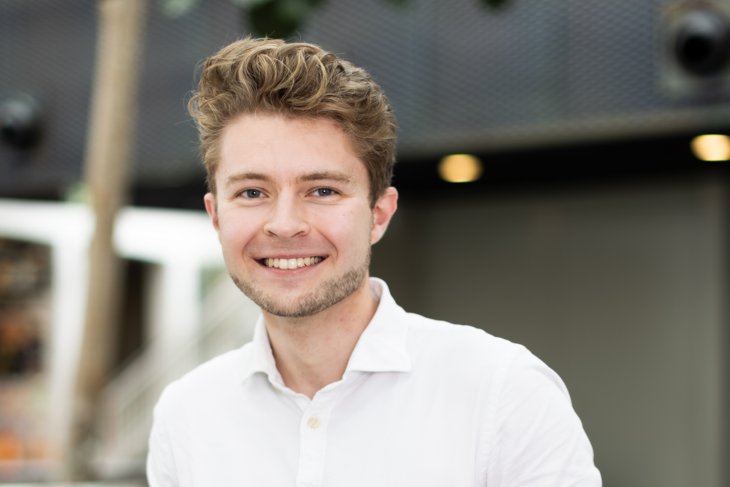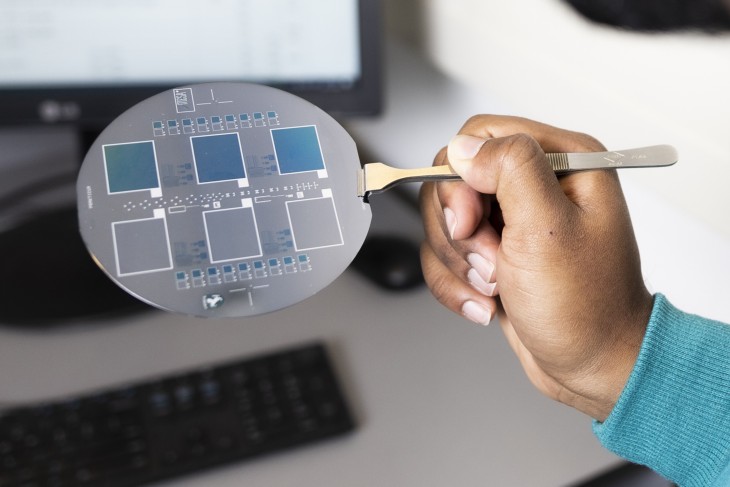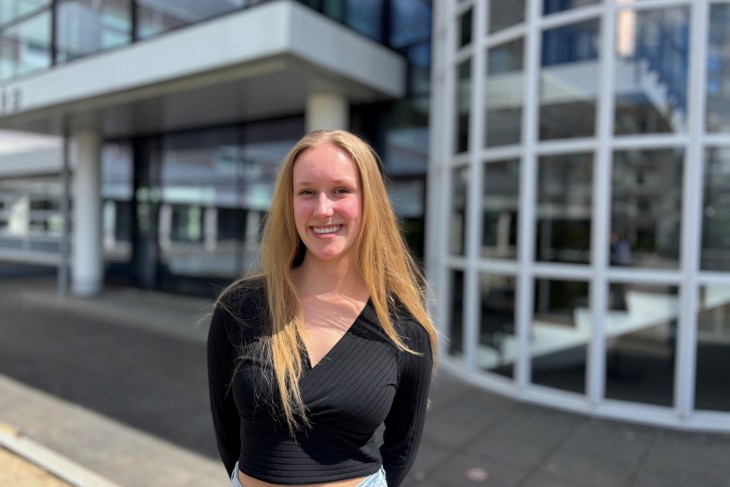“My interest in engineering started in high school. I attended a very technical school and was curious about how things are built, and how complex structures come together. I loved the idea of creating something monumental and essential for society, such as bridges.
When I began looking for a Bachelor’s programme, I was surprised by how few English-taught options were available in Europe. Studying in Canada, the United States, or the United Kingdom wasn’t affordable for me, so I turned my focus to the Netherlands. The University of Twente (UT) was the obvious choice because it offered an English-taught Bachelor’s in Civil Engineering. Later, when I needed a scholarship to pursue a Master’s, I faced a lot of challenges but, eventually, I secured one, allowing me to continue with the Master’s in Construction Management & Engineering.
Courses from three technical universities
Content-wise, the Master’s in Construction Management & Engineering and the specialisation in Construction Management & Engineering of the Master’s in Civil Engineering at UT are very similar. However, I chose the Master’s in Construction Management & Engineering because it offers the unique opportunity to take courses from two other technical universities in the Netherlands: Delft and Eindhoven.
The courses at the universities vary, so what’s available at UT isn't offered at Delft or Eindhoven, and vice versa. For example, Delft offers courses on strategic entrepreneurship in engineering, which align more with my interest in management and leadership. That’s why, in my second year, I'll be heading to Delft to take those courses.
Tailored programme
You have the freedom to tailor your programme to your interests. For example, you can focus on digital technologies or the organisational aspects of construction by taking elective courses. Data is the new currency, and I’m curious about AI development, machine learning, and data-driven solutions, so I selected courses in those areas. It’s exciting to learn how, for example, I can design an AI solution to perform bridge inspection.
Have you ever thought about the bridges in our cities? Most are reaching the end of their service life. The government can't afford to replace all of them, so the question is: how can we determine which ones need urgent replacement because they aren’t safe? It’s awesome that I've learned to use sensors to gather data about their condition and evaluate their performance based on the collected data. This way, we can make more sustainable decisions, extending the lifespan of bridges and reducing the need for unnecessary replacements.
Group projects and real-world applications
The programme combines engineering, design, and management, and you’ll learn to use mathematical models to predict different processes or situations. This is important because it helps you understand and predict how bridges or buildings will behave under certain conditions.
A project that stood out to me was analysing the structural condition of a bridge on our campus. My project group checked how a bridge was holding up without having to drill into it or mess with the structure. We placed tiny cameras on the bridge to capture cyclists’ and pedestrians’ movements and the vibrations their weight caused. We then processed the images and analysed the data to see how the bridge reacted to all that activity. By doing this, we could get a clear idea of how the bridge bent and vibrated, which helped us understand if it was in good shape or if there might be any weak spots.
As I want to focus on how digital technologies can contribute to more sustainable city planning, for my master’s thesis project I’m going to analyse heat waves in dense urban areas. Specifically, I plan to investigate how heat travels in cities with many high skyscrapers made of concrete, using mathematical modelling and machine learning techniques to study these heat dynamics.
Looking ahead
My dream is to start a company that uses data-driven solutions to solve construction problems. I feel this programme has equipped me with the technical and management skills needed to create new technology solutions in construction.”




